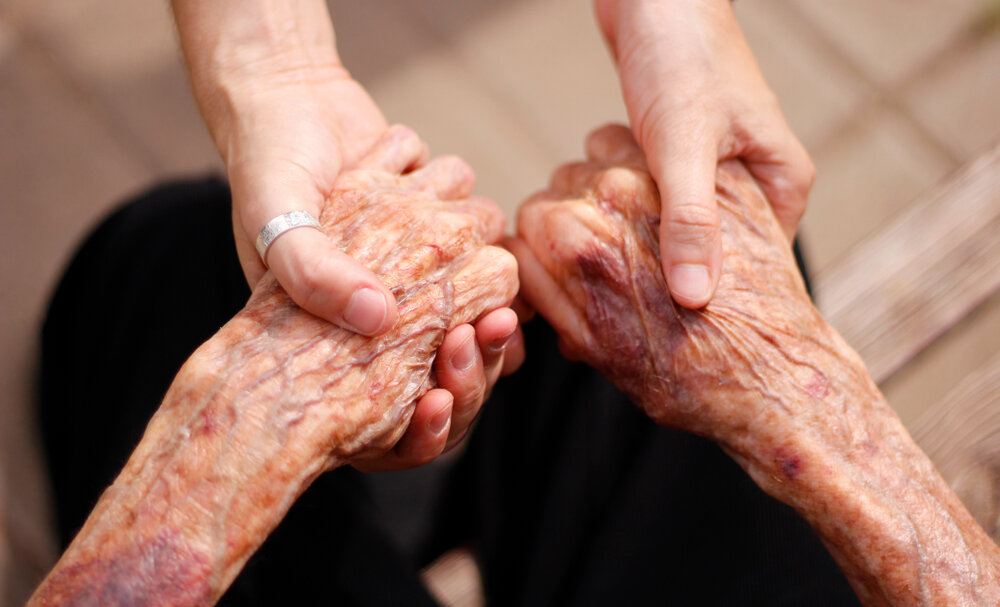
Many Canadian families who can’t always be there, or who know that they cannot always be their best selves for their elderly loved ones have turned to respite care. Families that have enlisted the services of a respite care worker have reported that the physical and mental toll of caring for their loved ones is diminished. In many households, Respite care workers have become essential for the well-being of families and their loved ones. Why?
Reduced Stress
It’s normal to feel as though it’s your responsibility to ensure your loved one is safe, well cared for, and happy. Unfortunately, that sense of responsibility can lead to increased feelings of stress and instability.
Most people are neither trained nor equipped to care for the evolving and often increasing needs of a senior. When sustained, this situation can lead to missed work and neglected or vastly curtailed personal lives. Respite care workers are trained to deal with the gamut of complicated situations to ensure your loved one’s safety and happiness are their top priority.
Preventing Emotional Setbacks
We all want our loved ones to be healthy and happy, but we’re not all made to actively care for another person. Respite care workers can make meals and take care of your loved one’s personal hygiene. Providing such an intimate level of care can take an emotional toll on the family caregiver as well as the loved one. For someone who is not used to providing personalized care, feelings of dread and frustration can result in anger, making access to a respite care worker a vital asset.
Preventing Exhaustion
Caring for another adult is tiring. For untrained caregivers, exhaustion can result in a loss of appetite, stress eating, an inactive lifestyle, and even depression. For those caring for a loved one with sundowners’ syndrome, it can be like working a double shift when agitation and restlessness take hold of your loved one as the light fades each day. Sustained periods of poor sleep can result in feeling overwhelmed which can lead to caretaker irritability. Respite caregivers understand the realities of Sundowner’s and know how to manage their patient’s symptoms to ensure they get enough rest. Difficulty managing symptoms and a daily routine? Two great reasons to explore respite care.
Respite care is an essential service that helps elderly people lead fulfilling and functional lives. It also reassures families that their loved ones are looked after, in their own home, even when they can’t be there. For more information on respite services, contact Assurance Home Care today!